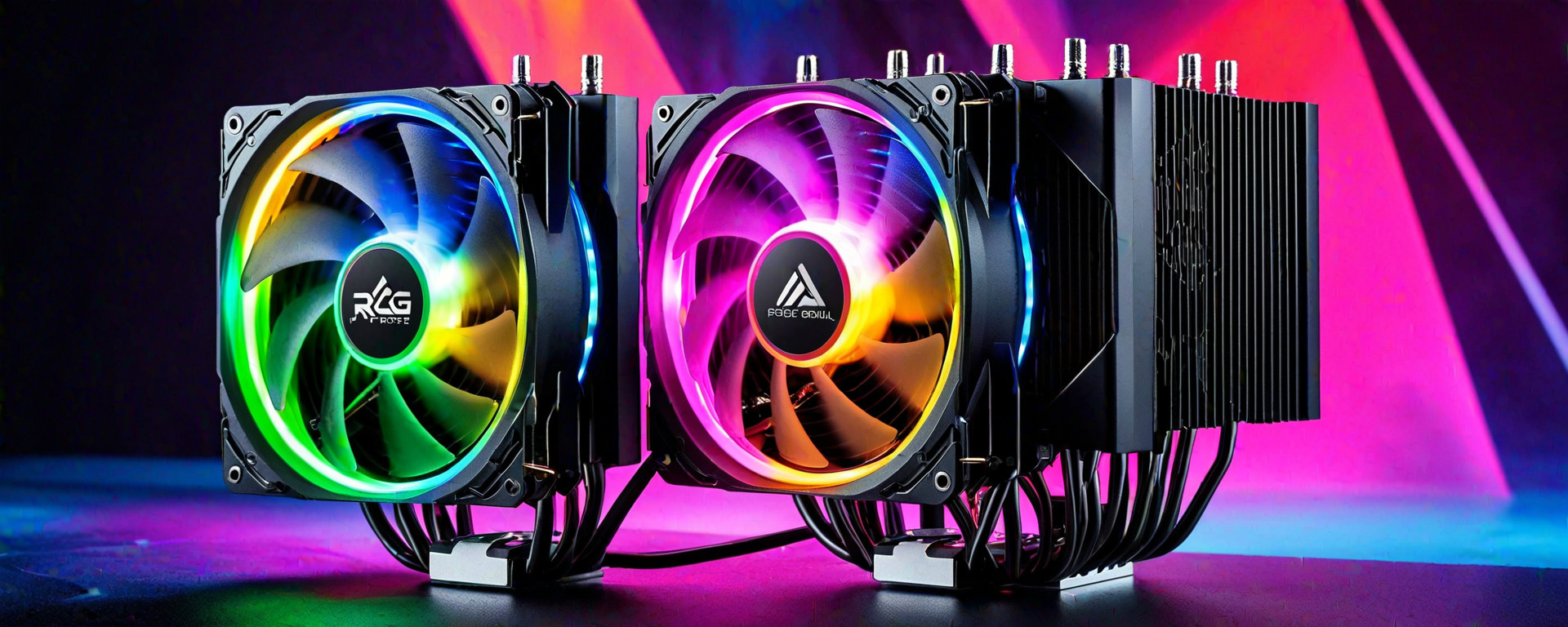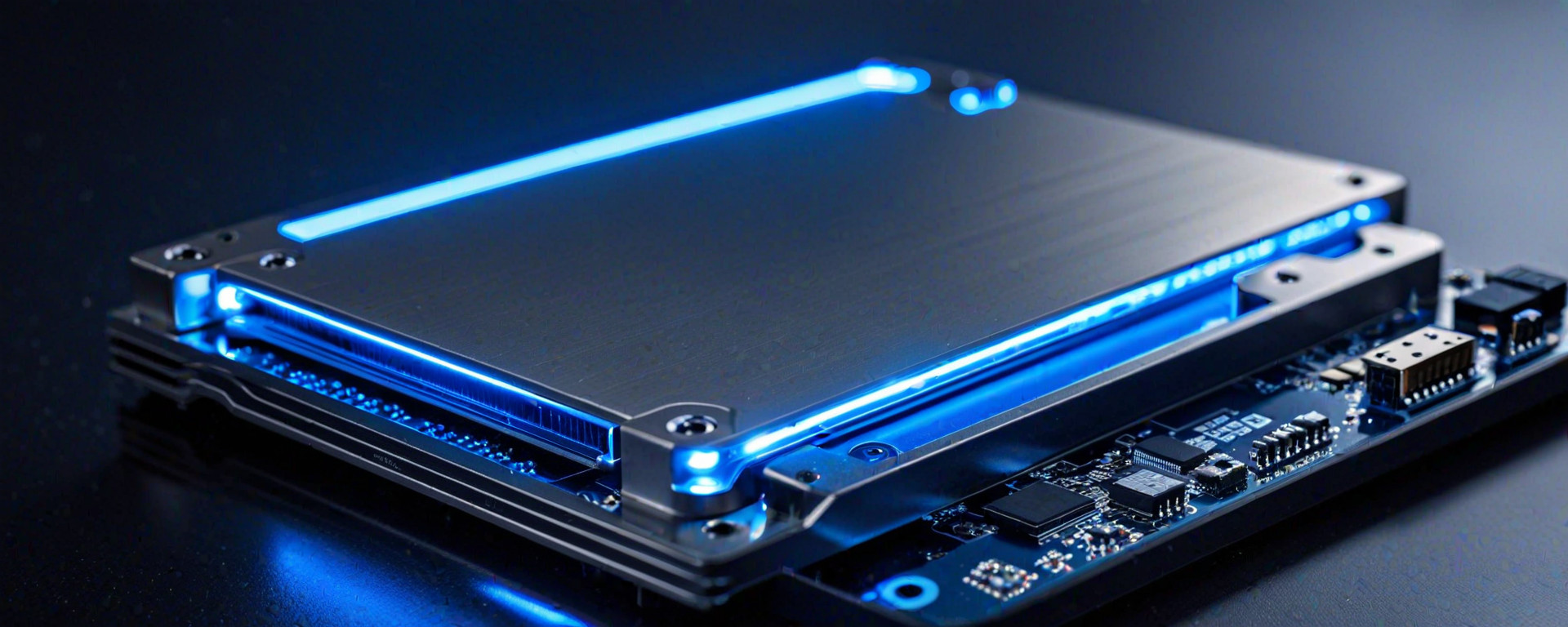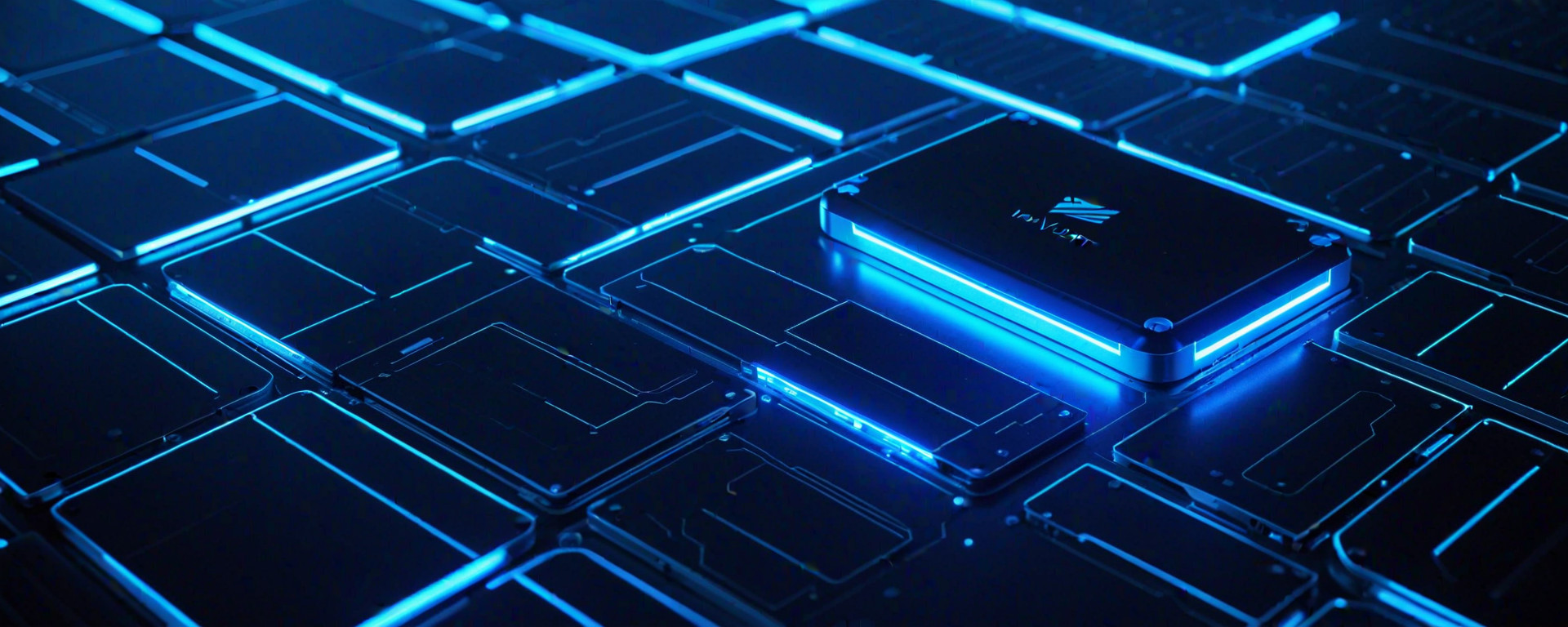Introduction
The quest for a CPU cooler that delivers both high performance and low noise levels has become increasingly important in today's computing landscape. Modern CPUs generate significant heat, which necessitates efficient cooling solutions to maintain optimal performance without compromising user experience through excessive noise. This article delves into the intricacies of finding the right balance between these two critical aspects, focusing on key factors such as thermal conductivity and acoustic engineering.
Understanding the importance of balancing cooling efficiency with minimal sound output is crucial for anyone seeking a quieter computing environment. A quiet CPU cooler not only enhances user comfort but also contributes to longer hardware lifespan by reducing stress on components caused by continuous high-temperature operation.
The Importance of Thermal Conductivity and Acoustic Engineering
Thermal conductivity refers to the material's ability to transfer heat efficiently from one point to another. In the context of CPU coolers, materials with high thermal conductivity are preferred as they can dissipate heat more effectively. Common materials used in cooler designs include copper and aluminum due to their excellent thermal properties.
Acoustic Engineering
Acoustic engineering involves designing systems that minimize noise generation while maintaining optimal performance. For CPU coolers, this includes optimizing fan speeds, selecting quieter bearing types (e.g., hydrodynamic bearings over sleeve bearings), and employing advanced aerodynamic designs to reduce turbulence and airflow noise.
Evaluating Performance Metrics
When choosing a quiet yet powerful CPU cooler, several performance metrics should be considered:
- Temperature Stability: The ability of the cooler to maintain stable temperatures under various load conditions is crucial. Stable temperatures ensure consistent performance and prevent overheating.
- Noise Levels: Measured in decibels (dB), lower noise levels indicate a quieter cooling solution, enhancing user comfort and overall system ambiance.
- Airflow Efficiency: Efficient airflow ensures that heat is effectively removed from the CPU without causing excessive noise or turbulence.
Technical Specifications to Look For
The following technical specifications are essential when evaluating quiet yet powerful CPU coolers:
- Cooler Type: Air cooling, liquid cooling, hybrid systems (combining both air and liquid).
- Fan Speeds: Specified in revolutions per minute (RPM), lower speeds generally correlate with quieter operation.
- Bearing Types: Hydrodynamic bearings are preferred over sleeve or ball bearings due to their durability and reduced noise levels.
- Cooling Capacity: The cooler's ability to handle high thermal loads without compromising performance or increasing noise.
Detailed Comparisons with Alternative Products
To provide a comprehensive evaluation, we compare three leading CPU coolers in terms of their technical specifications and performance metrics:
| Product | Type | Fan Speeds (RPM) | Bearing Type | Cooling Capacity (Watts) | Noise Level (dB) |
|---|---|---|---|---|---|
| Thermalright SR-10 Rev. B | Air Cooling | 600 - 2400 RPM | Sleeve Bearing | 150W | 37 dB (at 1200 RPM) |
| Noctua NH-D15 | Air Cooling | 400 - 1700 RPM | Hydrodynamic Bearing | 200W | 36 dB (at 900 RPM) |
| Corsair H150i PRO RGB PLATINUM | Liquid Cooling | 470 - 1650 RPM | Silent-PWM Bearing | 280W | 35 dB (at 900 RPM) |
Pros and Cons Analysis
- Thermalright SR-10 Rev. B:
- Pros: High cooling capacity, affordable price point.
- Cons: Higher noise levels compared to alternatives, suboptimal fan bearing type.
- Noctua NH-D15:
- Pros: Excellent thermal performance, low noise levels due to hydrodynamic bearings, superior build quality.
- Cons: Higher price point than alternatives.
- Corsair H150i PRO RGB PLATINUM:
- Pros: Advanced liquid cooling technology, excellent noise reduction, integrated RGB lighting for aesthetics.
- Cons: More complex installation process compared to air coolers, higher cost.
Real-World Usage Scenarios and Case Studies
To better understand the practical implications of choosing a quiet yet powerful CPU cooler, we present real-world usage scenarios and case studies:
Scenario 1: High-Performance Gaming Setup
- Description: A user with an Intel Core i9 processor requires a cooling solution that maintains optimal temperatures while gaming at high frame rates.
- Solution: The Noctua NH-D15, due to its excellent thermal performance and low noise levels, is ideal for this scenario.
Scenario 2: Quiet Home Office Environment
- Description: A professional working from home seeks a cooling solution that minimizes noise disruption during work hours while handling standard office tasks with an AMD Ryzen processor.
- Solution: The Corsair H150i PRO RGB PLATINUM offers the best balance between thermal efficiency and low operational noise, making it suitable for this environment.
Installation Considerations
The installation process is a critical factor in choosing a CPU cooler. Factors to consider include:
- Compatibility with Motherboard Form Factor: Ensure the cooler fits within the designated space on your motherboard without obstructing other components.
- Cable Management: Liquid cooling systems often require additional cable management solutions to maintain a clean and organized build.
- Simplicity of Setup: Some air coolers are designed for quick and easy installation, whereas liquid cooling setups may involve more complex configurations.
Maintenance Tips for Long-Term Use
To ensure long-term reliability and optimal performance, follow these maintenance tips:
- Cleaning Dust Regularly: Use compressed air to remove dust from the cooler's fins and fan blades periodically.
- Liquid Cooling System Check-Ups: Inspect seals for leaks, clean reservoirs, and check tubing connections regularly to prevent fluid loss.
Frequently Asked Questions (FAQ)
Q: How do I choose between air cooling and liquid cooling?
Air coolers are generally more affordable and easier to install, making them a popular choice for budget-conscious users. Liquid cooling, on the other hand, offers superior thermal performance but may be more complex to set up.
Q: What is the best fan bearing type for quiet operation?
Silence-PWM bearings are highly recommended for their low noise levels and long-term durability. Hydrodynamic bearings also offer excellent noise reduction compared to sleeve or ball bearings.
Conclusion
Selecting a CPU cooler that balances thermal efficiency with acoustic performance is crucial for maintaining system stability and user comfort. By considering factors such as cooling capacity, fan speeds, bearing types, and overall build quality, users can make an informed decision when choosing between leading products like the Noctua NH-D15 or Corsair H150i PRO RGB PLATINUM.
Additional Resources
- Noctua NH-D15 Product Page
- Corsair H150i PRO RGB PLATINUM Product Page
- Thermalright SR-10 Rev. B Product Page
For further guidance and detailed technical specifications, visit the manufacturer's official websites.



